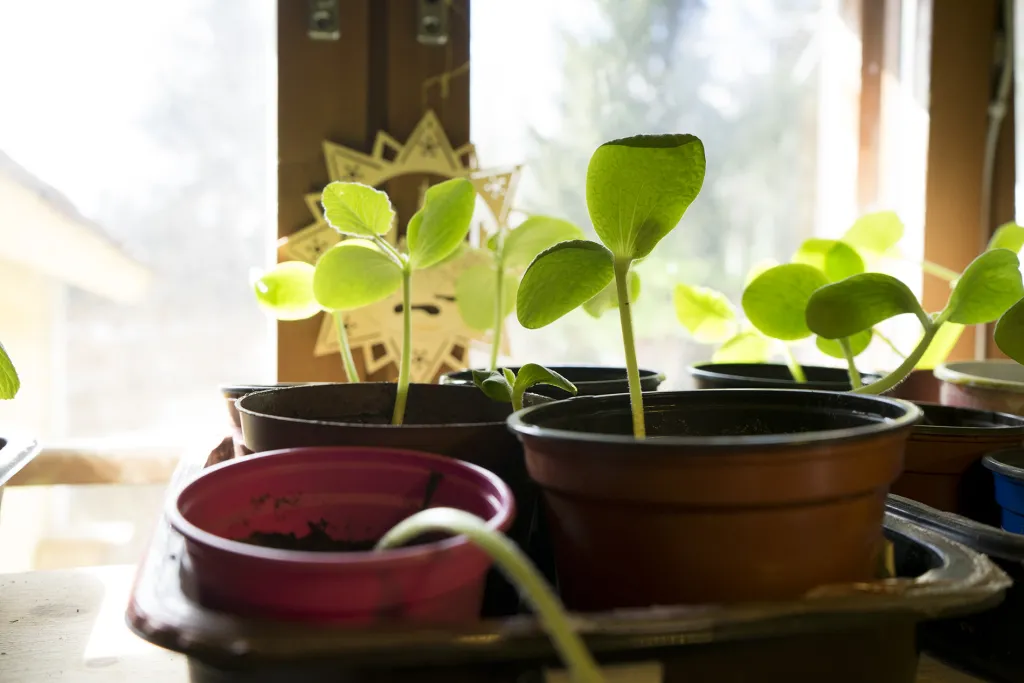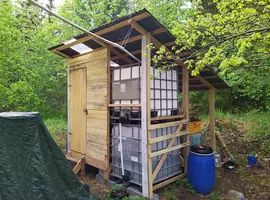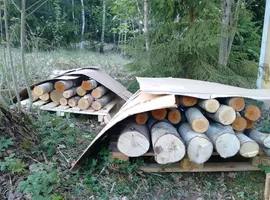Each type of mushroom has specific requirements for temperature, humidity, light, and substrate (the material in which the mushroom grows).
Benefits of mushroom growin
Mushroom growing has its benefits at a homestead:
Fresh and Nutritious Food: Growing your own mushrooms means you have a fresh, delicious, and nutritious food source right at your fingertips. You can also choose to grow a variety of mushrooms to add variety to your diet.
Cost Savings: Growing mushrooms at home can save you money in the long run. While there may be an initial investment in equipment and supplies, growing your own mushrooms is cheaper than buying them at the grocery store.
Reduced Carbon Footprint: By growing food at home, you're reducing the energy and resources required to transport food from far away. This can result in a reduced carbon footprint, helping to mitigate the impact of agriculture on the environment.
Increased Food Security: Growing your own food can provide peace of mind and increased food security. You can be confident in the quality and safety of the food you're eating, and you'll never have to worry about running out of food if grocery stores are closed or if there's a shortage.
Education and Fun: Growing mushrooms can be a fun and educational experience. You can learn about different species of mushrooms, their growth habits, and the conditions they need to thrive. It's a great way to connect with nature and learn about the natural world.
Mushrooms are healthy food
While all the benefits listed above are true I like to emphasis the first one: mushrooms are a fresh and nutritious food.
Mushrooms are low in calories, but high in nutrients like fiber, vitamins, and minerals, including protein. The protein content of mushrooms varies depending on the type, but some species, like shiitake, contain substantial amounts of protein per serving.
One serving of shiitake mushrooms, for example, contains about 3 grams of protein, which is roughly 6% of the daily value (DV) based on a 2,000 calorie diet. While this may not seem like a lot, it's important to keep in mind that mushrooms are often used in conjunction with other protein sources, such as grains, legumes, or meat, to create a balanced meal.
Additionally, the protein in mushrooms is considered to be a "complete" protein, meaning it contains all the essential amino acids your body needs. This makes mushrooms a valuable protein source for vegetarians and vegans who may need to find alternative sources of protein.
A small detour into the technicalities of mushroom growing
Substrate creation
To cultivate mushrooms, a suitable substrate must be prepared. This can be done by sterilizing a mixture of water, nutrients, and a base material such as straw or sawdust. The substrate is then inoculated with mushroom spores or spawn (mycelium, or the vegetative part of the mushroom), which will grow and eventually produce mushrooms. Either the overgrown substrate is used to transfer the mycelium onto dowels or the substrate can be used directly (slit cut log method)
Cultivation
Mushroom cultivation can be done on a small scale in a home garden or on a larger scale in a dedicated mushroom farm. There are several options around and the one we are using at Beyond Buckthorns is growing on logs or in raised beds.
Articles tagged with mushrooms
Building the poop palace - an integrated composting area
Flushing our shit with clean drinkable water down the toilet to an entity that then separates shit from water in order to make our water drinkable again isn’t really sustainable or? There must be better ways around, especially something that is… more
An afternoon with the Finnish Permaculture community
On the 21st of April the Finnish Permaculture Association (FPA) hosted "Permakulttuuri Nyt!" at Annala in Helsinki. About 50 - 60 permaculture enthusiast were present during the event. A lot of interesting and inspiring talks were given in… more
Starting Our Mushroom Farm
In 2016 I planned to start a small mushroom (general, funghi) farm. My first interest got me into reading about button mushrooms, but I dropped them very soon for Shitake and Pleurotus. Both could be cultivated on logs.




